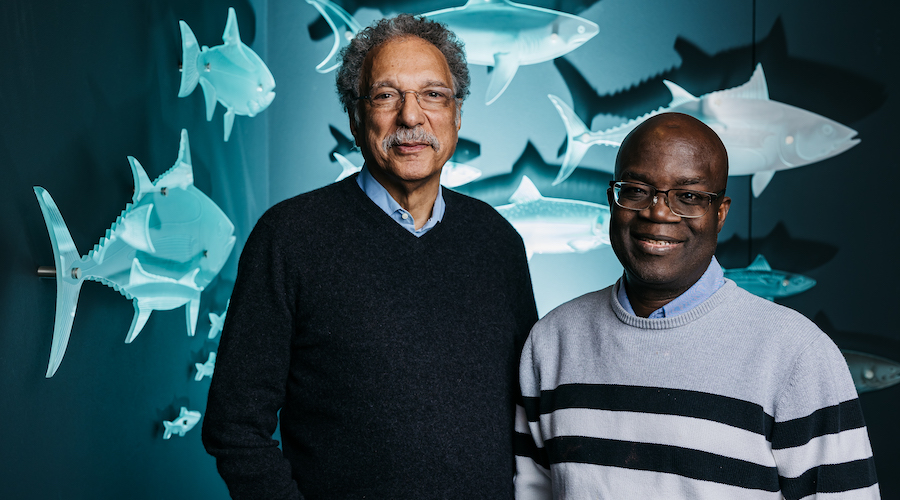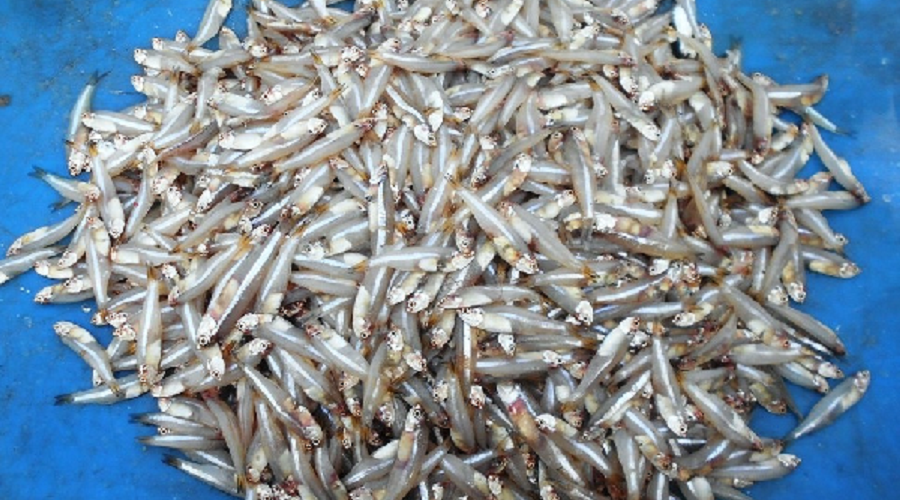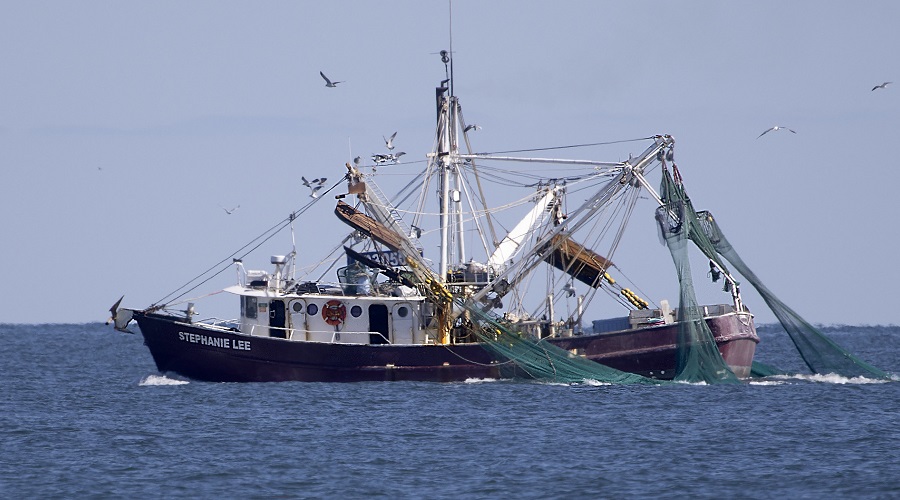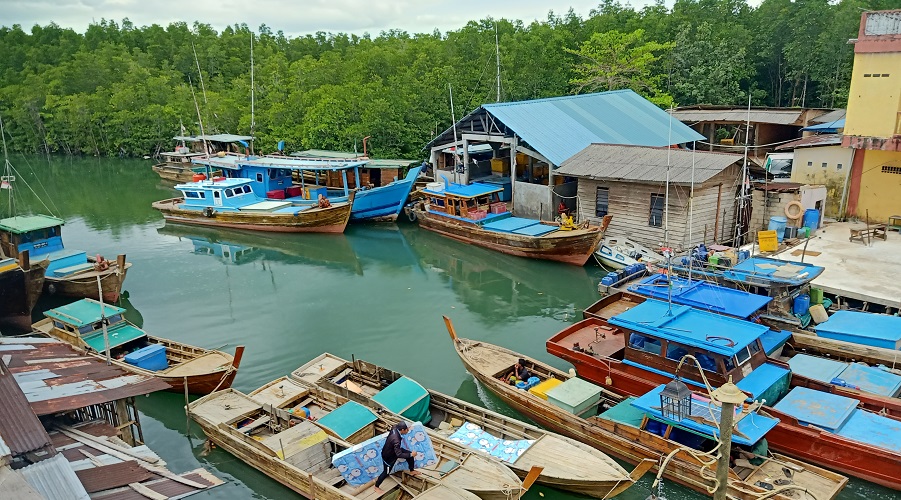
Dr. Daniel Pauly and Dr. Rashid Sumaila have launched the Africa-UBC Oceans & Fisheries Visiting Fellows Program. Photo by Kim Bellavance, Tyler Prize.
University of British Columbia researchers Dr. Rashid Sumaila and Dr. Daniel Pauly have launched the Africa-UBC Oceans & Fisheries Visiting Fellows Program, whose goal is to inspire exceptional young African researchers to develop ocean and freshwater sustainability solutions.
The fellowship is aimed at early-career academics from sub-Saharan African universities and research institutes who are interested in engaging with leading researchers at UBC’s Institute for the Oceans and Fisheries to facilitate diverse, equitable, mutually beneficial research collaborations.
Continue reading →






